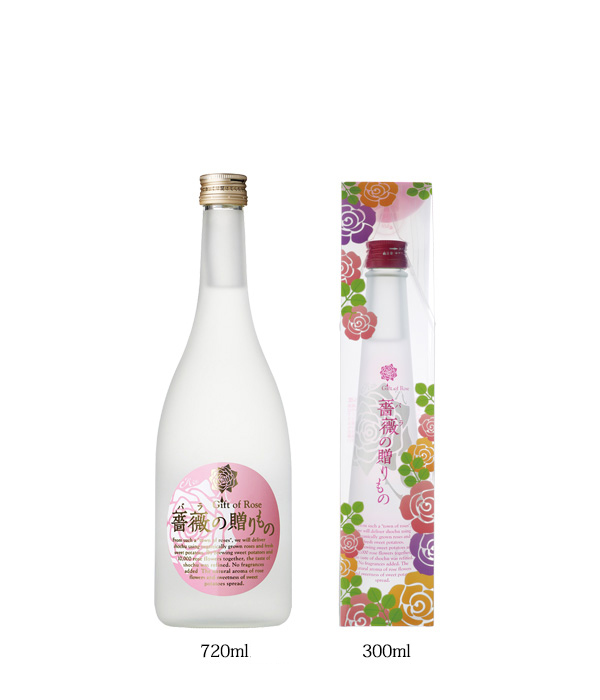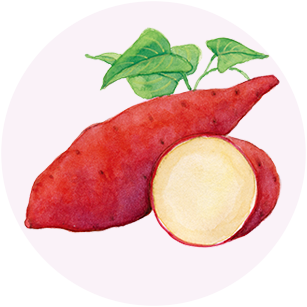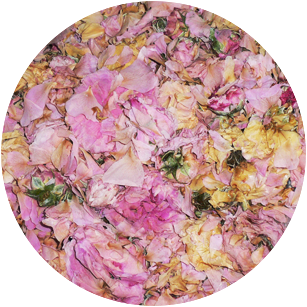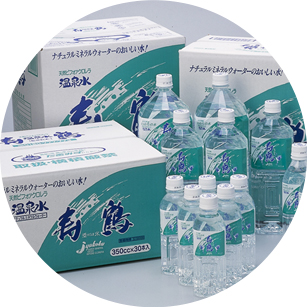Product Information
Sweet potato shōchū (standard)
Bara No Okurimono (Gift Of Roses)

With sweet potato shōchū as the base, Bara No Okurimono uses fragrant damask roses locally grown without any pesticides at Kanoya Rose Garden. A fragrant yeast and special kôji are used to bring out the noble, natural rose aroma.
- Classification
- Single distillation shōchū
- Alcohol volume
- 25%
- Ingredients
- Sweet potato (beni-otome), malted rice (produced in Japan), rose (damask rose)
- Kōji
- White kōji
- Distillation method
- Vacuum distillation
- Bottle
- 720ml/300ml
Related products
Bara No Okurimono 14 (Gift Of Roses 14)
Bara No Okurimono 14 (Gift Of Roses 14)
Aroma/Taste scale

Drinking temperature

For the best drinking experience
On the rocks, mixed with 10°C water or soda.
Sweet potato
Beni-otome
Easy to grow even at home, it has a beautiful red color, a gentle and uniform spindle shape making it suitable for baking and other edible purposes. Its skin is red while the inside is yellowish-white. The cut ends produce a large amount of jalapin, a white resin-like substance. In 1990, beni-otome was designated as a Kagoshima recommended variety.
Rose
Damask rose
Among the 20,000 roses species in the world, the damask rose is particularly fragrant and used to make the finest perfume. Mainly grown in Bulgaria and Turkey, they are said to be difficult to grow in Japan but do grow quietly in Kanoya Rose Garden. They bloom once a year in May, with lovely light pink and fragrant flowers. They are harvested at the time and frozen until early October for production.
Water used
Jukaku hot spring water
Sakurajima is one of Japan’s most active volcanoes.Looking up to it, is the city of Tarumizu where jukaku water gushes forth from 800m underground. It contains 8.89ppb (parts per billion) of water-soluble germanium which is a hundred times more than the average.
Water-soluble germanium can also be found in plants such as ginseng, reishi mushrooms, polypores, or garlic and has been used for the longest time to maintain health. Natural alkaline ionized water, jukaku, is also rich in natural minerals and is known to have excellent penetrating and extracting power due to its unusually small molecular structure.

LinkJukaku Web site


































